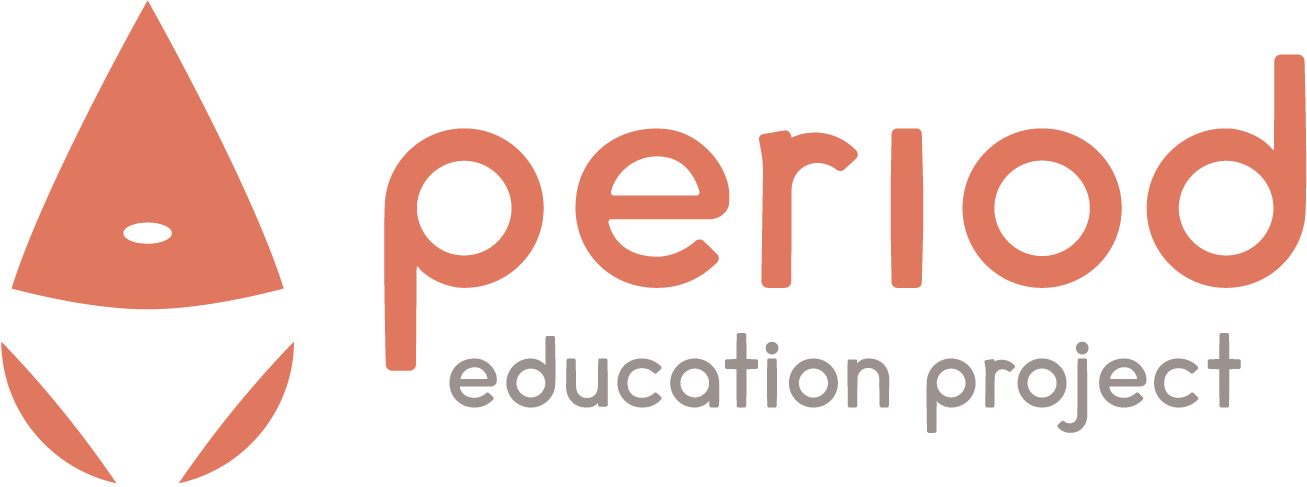By Avni Ahuja, Period Pro from Emory University School of Medicine

Avni Ahuja, Period Pro
Have you heard of the term “period equity?” It is all about making sure that everyone who has periods can access necessary products, education, and support to manage their periods with dignity, without shame and without barriers. Periods are a natural part of life, and no one should feel embarrassed or stopped from doing things because of them.
The American Medical Women’s Association defines period poverty as “inadequate access to menstrual hygiene tools and educations, including but not limited to sanitary products, washing facilities, and waste management.”(1) In a broader sense, period poverty is considered to be the social, economic, political and cultural barriers to menstrual products, education, and sanitation.
The World Bank estimates that 500 million menstruators lack access to adequate facilities for menstrual hygienemanagement and access to menstrual products (2). In 2014, UNESCO estimated that 1 out
of every 10 menstruating young people missed school during their cycle due to lack of access to menstrual products (3). Almost 2/3 of women in the US with a low income could not afford menstrual products in the last year. Nearly half had to choose between purchasing food or menstrual products (4). 1 in 5 teens have had trouble getting period products, and more than 4 in 5 have missed class or known a classmate who has missed class due to not being able to get period products (5) Furthermore, the COVID-19 pandemic exacerbated already low accessibility and unaffordable prices of products, worsening this urgent issue (6).
Menstruating is an inherent part of existence, yet accessing period products is expensive and stigmatizing. Beyond difficulty accessing period products, periods are surrounded by shame and stigma. Period poverty can affect people in many ways. It can hurt an individuals mental health, their hygiene and health, employment, education. Many menstruators have to choose between buying period products or food for the week of their period. Instead, they may use other items such as toilet paper or paper towels from public bathrooms, rags, or diapers. These improvised or unhygienic alternatives may increase risk of infections and health complications. For some menstruators, if these items are not enough to control their bleeding, they may have to miss work or school, further affecting their livelihood.
Addressing period poverty is not only to support an individual’s health and a community’s sanitation, it is an important step towards promoting dignity and bodily autonomy for those who menstruate. Here are some ways we can promote period equity:
- Education: We can teach everyone about periods in an accurate way. This helps address embarrassment and stigma around periods. This is the Period Education Project’s mission.
- Advocacy: In some states, period products are taxed at higher rates making period products more expensive. We can support the work of organizations that are advocating to eliminate the period tax.
- Affordability: Period products are as necessary as toilet paper. Governments need to provide free period products in public spaces including schools, libraries, and prisons.
- Engagement: We need to hear from more young folks about their biggest concerns and needs surrounding menstruation. The input of youth is vital in addressing period equity.
Period equity empowers people who menstruate by ensuring access to menstrual products, support and education, empowering them to participate fully in daily activities, pursue education, and achieve their fullest potential without barriers or social stigma. The Period Education Project is helping end period poverty by providing accurate education to help destigmatize menstruation and boost health and wellness for all people who menstruate. We would love to hear your ideas about how we can further support period equity or what you are doing in your community to end period poverty!
References
- https://www.amwa-doc.org/period-poverty/
- https://www.worldbank.org/en/news/feature/2018/05/25/menstrual-hygiene-management
- https://www.unesco.org/gem-report/en/teaching-and-learning-achieving-quality-all
- https://www.reuters.com/article/us-health-menstruation-usa/even-in-the-u-s-poor-women-often-cant-afford-tampons-pads-idUSKCN1P42TX
- https://cdn.shopify.com/s/files/1/0795/1599/files/State-of-the-Period-white-paper_Thinx_PERIOD.pdf
- https://pubmed.ncbi.nlm.nih.gov/36438906/

Recent Comments